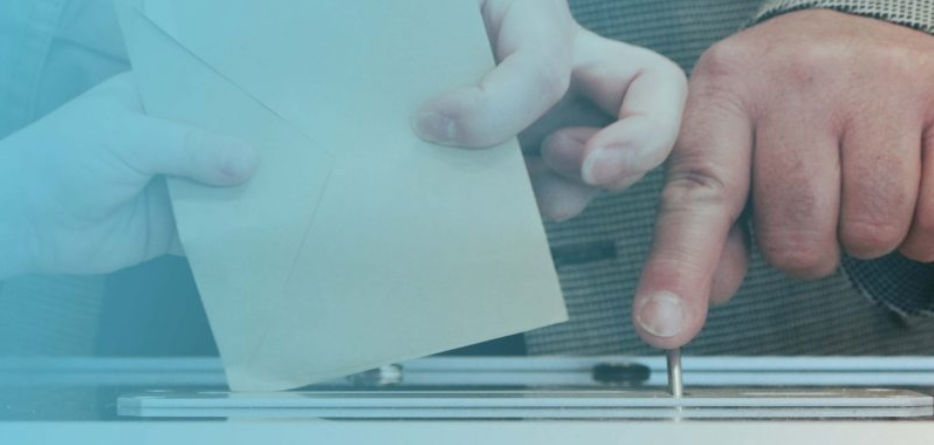From graffiti, to broken pavements, to left rubbish/trash, there can be many problems that pop-up in shared public spaces, especially in large cities.
In many countries, local governments and authorities rely on traditional ways of receiving feedback from citizens, as well as from their own workforce, on the state of the city. These processes are often slow and full of paperwork, leaving citizens to deal with the problem in question for days, weeks or even months.
In recent years, social media has revolutionised the speed of giving feedback to local authorities. If, and only if, a local government has set up a twitter or other social media account, citizens can bring attention to issues that need solving. However, this route is not without holdbacks either – not all citizens are aware of how to post directly to a local authority, some users may not want to use their public social media accounts, only a certain amount of text can be published, and smooth communication routes must exist between the social media team and the relevant department within the local government.
To combat this, a new concept has been launched: mobile apps where citizens can feed live information to local authorities. This solution allows citizens to send photographs, location data and details of a given problem at any time, through a private, secure and dedicated channel, that protects their identity and data.
Our use case will pilot this idea in Santander and Fujisawa, and will tackle this problem in the following way:
- Through innovative smartphone apps, the citizen will be a sensor of the city, sending data and information to the IoT platform.
- This will allow citizens to report and send information to their local authority about incidents related to infrastructure, parks, traffic and other issues.
- The local governments of Fujisawa and Santander will use the open innovation ecosystems to interact with the citizens and co-create new services and applications to these issues.
- Many smart cities are working on open innovation ecosystems such as Living Labs or Minarepo. A more social approach would be to let people know of an available resource, such as parking spaces. A sharing economy approach would allow owners of parking places to offer their spots (suppliers) to interested car drivers (consumers) allowing payments via digital currencies. Solutions such as this will be investigated and co-innovated with citizens.
You can read more about the pilot of our use case here:
We expect to launch our use case pilot in the near future. If you would like to learn more, or see how we can collaborate, send an email to hello@msecproject.eu.
Follow us on our social media channels for more M-Sec news!
Twitter: @MSecProject
LinkedIn: MSecProject


